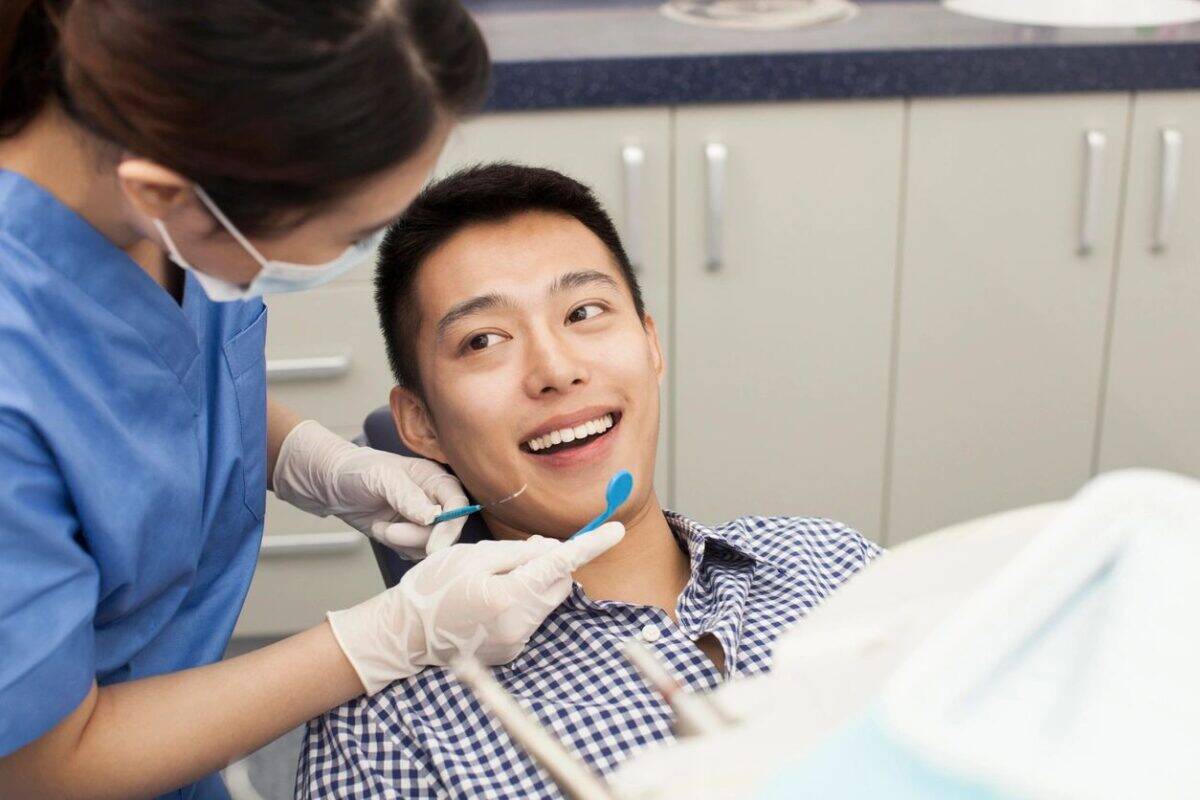April is Oral Cancer Awareness Month, making it the perfect time to talk about a condition that is often overlooked—but potentially life-threatening. Oral cancer affects thousands of people every year, yet with early detection and proper care, the chances of successful treatment increase significantly.
What Is Oral Cancer?
Oral cancer refers to cancer that develops in the tissues of the mouth or throat. It can occur on the lips, tongue, cheeks, floor of the mouth, hard and soft palate, sinuses, and pharynx (throat). Like other cancers, it occurs when cells mutate and grow uncontrollably.
Common Signs and Symptoms
Early detection is crucial, so being aware of the signs can make all the difference. Here are some symptoms to look out for:
-
Persistent mouth sores that don’t heal
-
Red or white patches inside the mouth
-
A lump or thickening in the cheek
-
Difficulty chewing, swallowing, or moving the jaw or tongue
-
Chronic sore throat or voice changes
-
Numbness in the tongue or other areas of the mouth
-
Swelling in the jaw or neck
-
Unexplained weight loss
If you notice any of these symptoms lasting more than two weeks, it’s essential to consult a healthcare professional or your dentist immediately.
Who Is at Risk?
Anyone can develop oral cancer, but certain risk factors increase the likelihood:
-
Tobacco use (including cigarettes, cigars, pipes, chewing tobacco, and snuff)
-
Excessive alcohol consumption
-
HPV (human papillomavirus) infection
-
Prolonged sun exposure (especially to the lips)
-
A weakened immune system
-
Family history of cancer
-
Age (more common in people over 40)
How Is Oral Cancer Diagnosed?
Your dentist plays a key role in early detection. During regular dental checkups, dentists perform oral cancer screenings by examining the mouth, tongue, and throat for any irregularities. If something suspicious is found, a biopsy or further testing may be recommended.
Treatment Options
Treatment depends on the type, location, and stage of the cancer, and may include:
-
Surgery to remove the tumor
-
Radiation therapy
-
Chemotherapy
-
Targeted drug therapy
-
Rehabilitation, including speech therapy or reconstructive surgery
Early-stage oral cancers have a much higher survival rate, which is why prompt diagnosis and treatment are essential.
Prevention Tips
While not all oral cancers can be prevented, you can lower your risk by following these tips:
-
Avoid tobacco in all forms
-
Limit alcohol consumption
-
Practice safe sex to reduce HPV risk
-
Eat a healthy, antioxidant-rich diet
-
Wear SPF lip balm for sun protection
-
Visit your dentist regularly for cleanings and screenings
Final Thoughts
Oral cancer is serious—but it’s also highly treatable when caught early. Awareness, education, and routine dental visits are your best defense. If it’s been a while since your last checkup, consider scheduling an oral cancer screening today. Your health—and your smile—are worth it.






